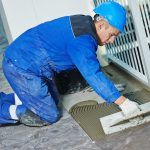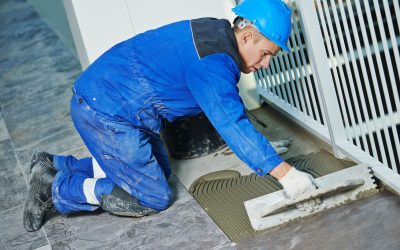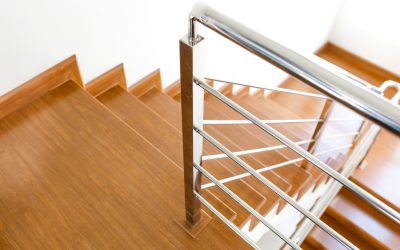Overall system design, correct installation and regular maintenance carried out on your septic system will help to extend the functionality and life of your home’s wastewater treatment facility. Following these practical guidelines is an important step to preventing overall system failure, wet spots, odors, early component breakage, and gurgling sounds. Regular and frequent septic tank service in Des Moines, Iowa will help decrease the risk of contaminating well water and can help you save a great deal of money in potential repair expenses.
In nearly all septic systems, waste water from sinks, toilets, floor drains, showers and tubs flows via a network of pipes out to your pit or tank. Usually, the tank is made of plastic or cement in newer systems. As solids get into the tank, they descend to the base of the septic tank where they are decomposed to gases and liquids by bacteria and enzymes. Grease, fats and oils float to the upper part of the tank where they form a scum deposit which typically decomposes more slowly. Baffles or restrictors prevent the scum deposit from exiting the tank and blocking the drainage areas. Normally, the pit or tank will have access ports, which consist of clean out lines or covers.
Septic pumping in Des Moines, Iowa professionals remove undigested solids via these access ports and can carry out a visual assessment via bigger openings in the course of a regular maintenance procedure. There are several different types of septic system designs, including single unit perforated containers and multi partition pre-treatment tanks. Each of these systems depends on bacteria to decompose waste into more manageable derivatives which the drainage region can dispense of more easily. With simple bacteria laden waste entering the septic tank, most septic systems remain trouble free and provide several years of service as long as regular septic tank service in Des Moines, Iowa is adhered to. You should consider using green washing products as well as a septic system maintenance product that is designed to increase bacteria activity and population in your septic tank. This will help to keep your septic system working properly for many years.







